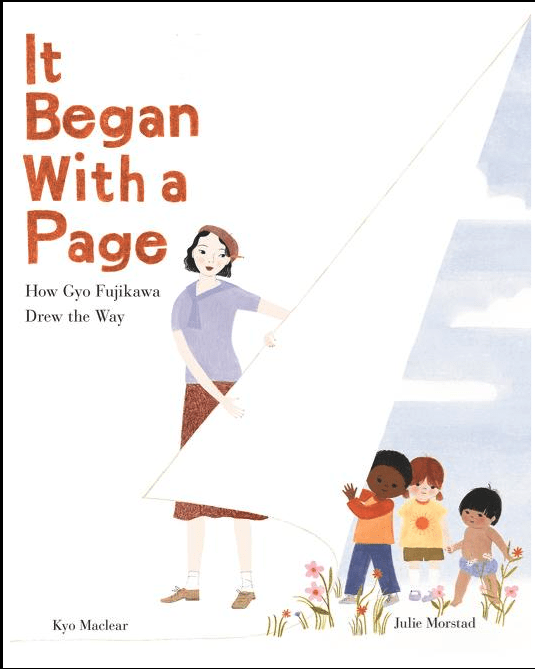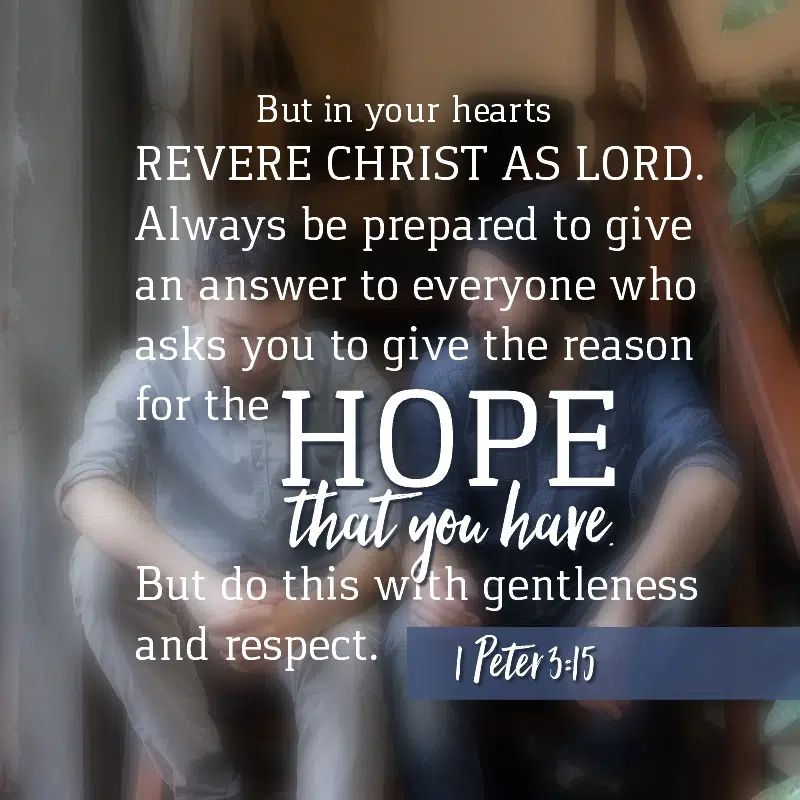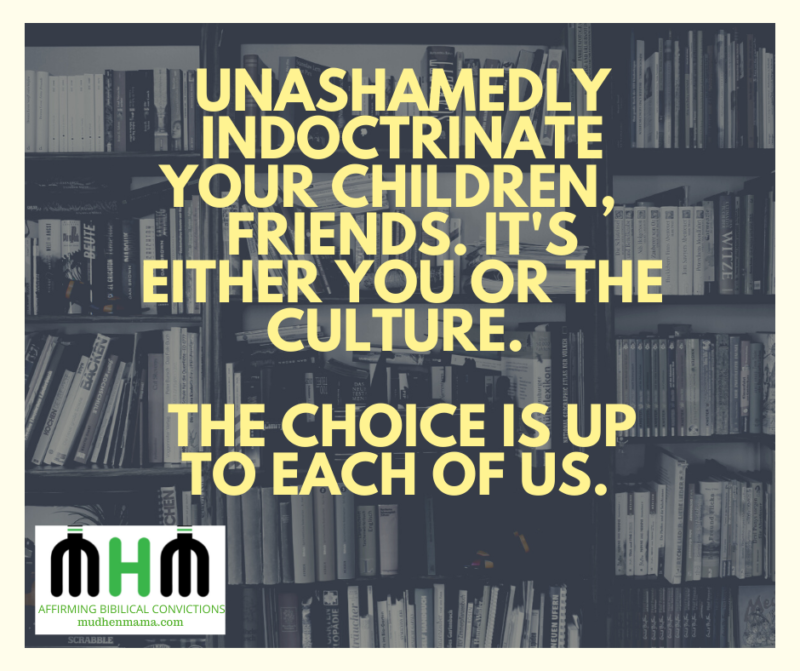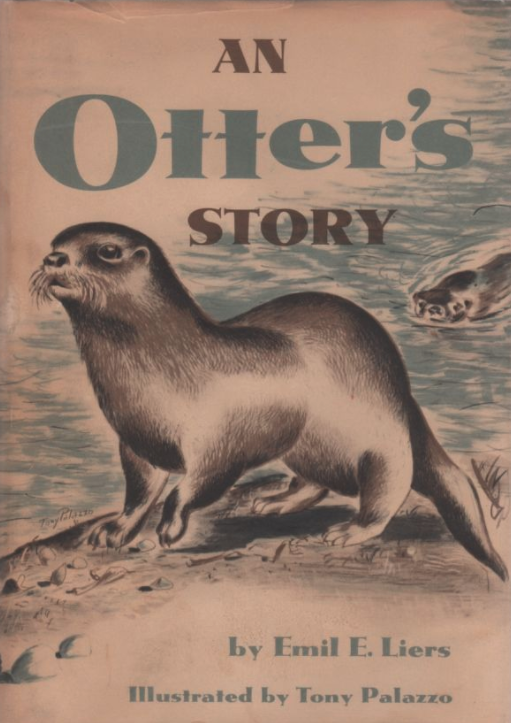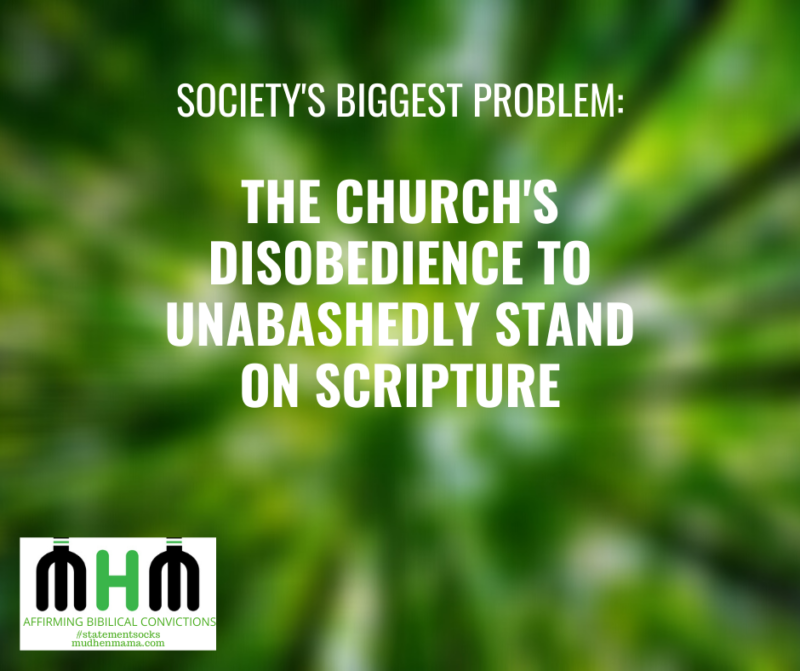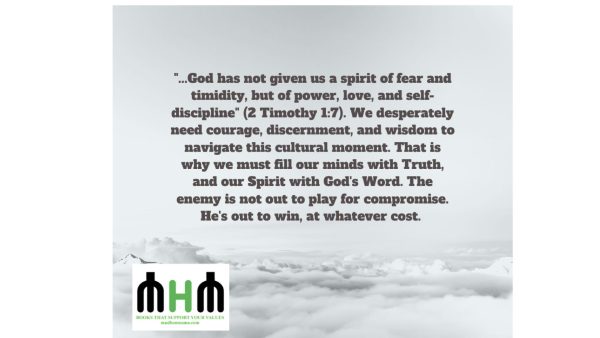I first learned about “It Began With a Page” several months ago, and was very curious to read it. I finally got my hands on it, and found the illustrations to be beautiful and the message to be thought provoking. If I had seen this book 5 years ago, I wouldn’t have thought much about adding it into a personal book collection. However, now that so much in our culture is so polarized, I hesitated including this in the MHM booklist.
I did a lot more research into this particular book because of my concerns. What I found out was very interesting.
“How Gyo Fujikawa Drew the Way”
It Began With a Page is about a woman named Gyo Fujikawa. She was a talented artist, writer, and illustrator who was the first author/illustrator of a children’s book to have children of various ethnicities together in one book. Her original book, “Babies!” (published in 1963) had adorable little cherubim babies throughout the pages, with every skin color included. It was beautiful! And at the time, it was unconventional.
However, something to note was that the culture during that time in the early 1960’s was changing. Clearly Fujikawa courageously stepped out to push the cultural boundaries, since she was the first to publish any kind of book like this. However, although not mentioned in this book, other artists, including Normal Rockwell, were helping to pave the way for this cultural shift as well. His famous cover illustration on The Saturday Evening Post, “The Golden Rule,” was published in 1961. That cover included people from around the world. It also included the caption, “Do unto others as you would have them do unto you.”
A shift in the culture
Thankfully there was that collective shift in mainstream culture. This acceptance of various cultures and ethnicities depicted in children’s books is what we are all used to today. It’s hard to imagine a time when having friends who had a different skin color than you was looked down upon, isn’t it? At that time, it was skin color that divided. Today, although skin color is the cudgel used to exacerbate problems within our communities, more than anything it’s our worldview that divides us. Satan always finds a way to create confusion and division.
An overview of history
The book is essentially a biography of Fujikawa’s life. It includes themes of women’s liberation, tensions between white peers and Fujikawa, as well as World War II and the Japanese internment camps within the United States. These can all be difficult topics to address. I appreciated how the author did not give egregious details about these historical events (considering this is a children’s book). However, I think it’s important to emphasize that although blatant racism was acceptable during that time within the US, racism is not an isolated, or exclusively American, sin. It happens all around the world, even within monolithic countries.
Although there are difficult and even shameful parts of America’s history to understand, it’s important we talk about them to our children. Not to excuse or erase the past, but to learn from them. The United States is not a perfect country. If you know of one, please share! But with all of the difficulties that can be found in the pages of history (which again, can be found in EVERY country), there are also stories of triumph and redemption.
An important lesson to learn
This book is important for our children to read and understand. There will always come a time when our children will be on one side of things or the other. It’s essential our children are aware to have a hand extended to those who find themselves in the minority (i.e. an outsider). They should also know that although our children may feel they are alone, the LORD always provides for their needs. Just look to the part in the book that explains how Fujikawa was able to go to college!
So I encourage you to read this book to your children! Don’t be afraid of talking about the past sins of America. Hindsight is 20/20. Just as in each of our lives, the tragedy is compounded when we not only sin, but when we refuse to repent and learn from the sin. And praise God, the United States has come so far since that time in our history.

